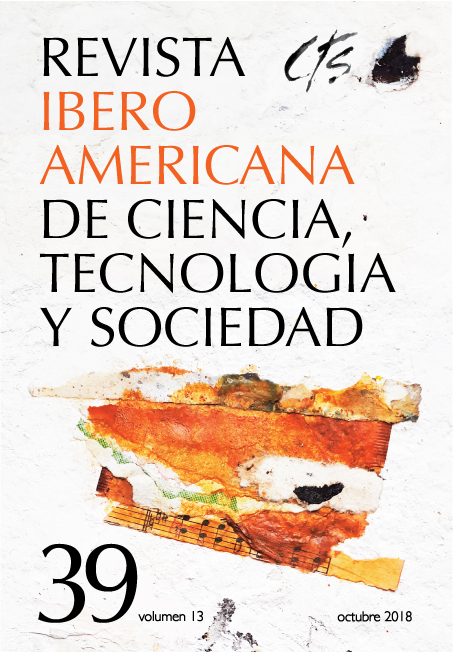Assumptions Held by Higher-Level Students Regarding Introductory Subjects on Scientific Knowledge. Understanding the Representations to Enrich Education Strategies
Keywords:
philosophy of science, higher-education students, science perceptionAbstract
Most higher-education curricula include philosophy of science introductory courses (IFC, due to its initials in Spanish). The question regarding their presence is not merely cognitive or educational; it aims at the knowledge hierarchy and our society’s assumptions with respect to science. This paper is based on a survey given to students following different higher-education and university degrees in the city of Rio Gallegos, Argentina. Its closed section focuses on identifying whether the students’ representation of science is traditional (positivist) or follows more contemporary leanings. Its open section enquires into how they value the inclusion of these courses in their curriculum. This paper focuses on the latter. The interpretation categories were created by the research team as the answers were being analyzed. The results show that an epistemological value predominates, followed by instrumental, propaedeutic and critical values. However, this order does not match the relevance the students attribute to each category for their own career. These results show the need to change the epistemological perspectives from which philosophy of science introductory courses are proposed.Downloads
References
ADÚRIZ BRAVO, A. (2005): Una introducción a la naturaleza de la ciencia. La epistemología en la enseñanza de las ciencias naturales, Buenos Aires, FCE.
BAUMAN, Z. (2002): La hermenéutica y las ciencias sociales, Buenos Aires, Nueva Visión.
FOUCAULT, M. (2001): Defender la sociedad. Curso en el Collège de France (1975-1976), Buenos Aires, FCE.
GOETZ, J. P. y LECOMPTE, M. D. (1988): Etnografía y diseño cualitativo en investigación educativa, Madrid, Morata.
GONZALEZ GALLI, L. (2011): Obstáculos para el aprendizaje del modelo de evolución por selección natural. Tomo 1, tesis doctoral, Facultad de Ciencias Exactas y Naturales, Universidad de Buenos Aires.
GUYOT, V. (2011): Las prácticas del conocimiento. Un abordaje epistemológico, Buenos Aires, Lugar Editorial.
LOMBARDI, O. (2010): “Los modelos como mediadores entre teoría y realidad. Modelos científicos”, en L. Galagovsky (ed.): Didáctica de las ciencias Naturales, Buenos Aires, Editorial Lugar, pp. 83-94.
MARÍ, E. (1990): Elementos de epistemología comparada, Buenos Aires, Puntosur.
MCCOMAS, W. F. (1998): The nature of science in science education. Rationales and strategies, Kluwer Publ.
PÉREZ RANSANZ, A. (1999): Kuhn y el cambio científico, México, FCE.
PRIGOGINE, I. (2006): El nacimiento del tiempo, Buenos Aires, Tusquets.
REQUENA, A. T., PLANES, V. C. y MIRAS, R. M. S. (2006): Teoría Fundamentada, Grounded Theory: La Construcción de la Teoría a Través Del Análisis Interpretacional, Madrid, Centro de Investigaciones Sociológicas.
VARSAVSKY, O. (1969): Ciencia, política y cientificismo, Buenos Aires, CEAL.
Downloads
Published
How to Cite
Issue
Section
License
All CTS's issues and academic articles are under a CC-BY license.
Since 2007, CTS has provided open and free access to all its contents, including the complete archive of its quarterly edition and the different products presented in its electronic platform. This decision is based on the belief that offering free access to published materials helps to build a greater and better exchange of knowledge.
In turn, for the quarterly edition, CTS allows institutional and thematic repositories, as well as personal web pages, to self-archive articles in their post-print or editorial version, immediately after the publication of the final version of each issue and under the condition that a link to the original source will be incorporated into the self-archive.











